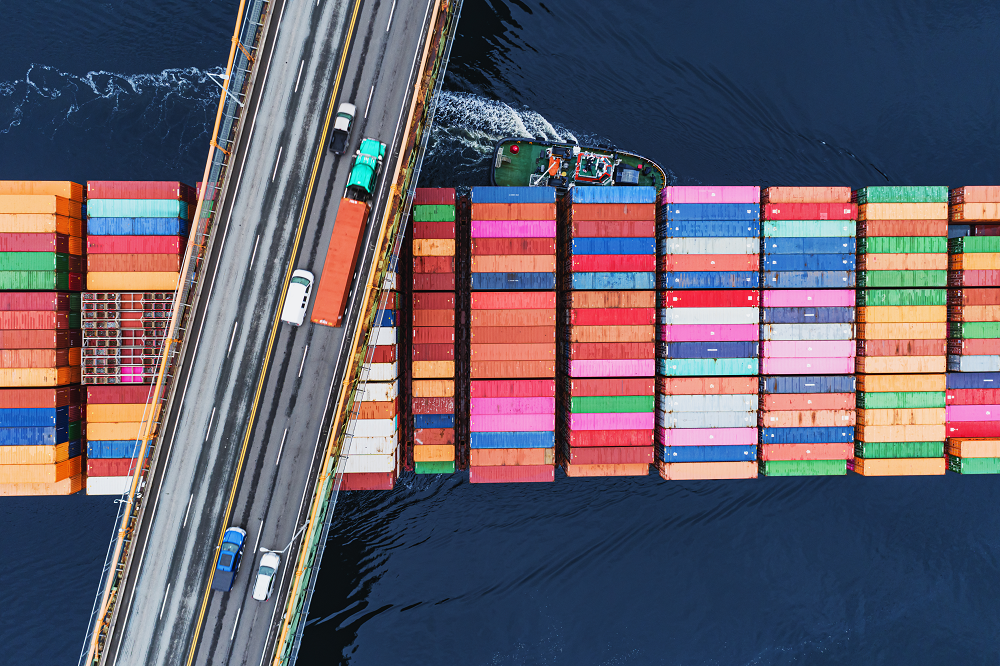Commerce Department Conducting Next Round of Section 232 Steel and Aluminum Inclusions Process
On Wednesday, April 30, 2025, the U.S. Department of Commerce’s Bureau of Industry and Security (BIS) issued a final rule creating a formal process to include additional derivative aluminum and steel products within the scope of the Section 232 national security tariffs. This rule also eliminates the prior product exclusions process and country-level exemptions that had been in effect for the past several years.
Under this new process:
- The Secretary of Commerce is authorized to add steel and aluminum products unilaterally, or at the request of a U.S. producer or industry association.
- BIS will accept applications for inclusions during three submission windows each year in January, May, and September. Each request window will remain open for two weeks, followed by a two-week public comment period.
- BIS then has 60 days to review applications and will publish determinations in the Federal Register, updating tariff coverage with new HTS codes.
The next application window opened on September 15 and closed September 29. Accepted applications will be posted for public comment for two weeks following, which is expected to be September 30 through October 13.
BIS will complete its review process by Monday, December 1, 2025, and will issue its final determinations issued in the Federal Register.
How Members Can Lend Their Voices
ReMA is asking its members to complete this Form detailing imported products, equipment, machinery, and components sourced overseas that contain steel and aluminum and could be items requested by interested domestic stakeholders.
This information will help ReMA evaluate potential impacts and ensure recycling operations are not unintentionally harmed. All information provided by members to ReMA staff will be kept strictly confidential.
“It is extremely important for ReMA’s member companies to complete the form and let our staff know what products are importing to maintain operations at their recycling facilities,” said Erin McCoy, ReMA’s International Trade Policy Analyst.
McCoy added that members can call ReMA staff directly if they want to explain their concerns in greater detail. For example, if they want to note why they are sourcing a specific product or how often they need to buy the product (i.e. whether it’s once a year, or every 5-10 years, etc.).
“This information allows us to advocate in the strongest way possible to ensure our industry can continue operating under conditions of free and fair trade,” McCoy added.
